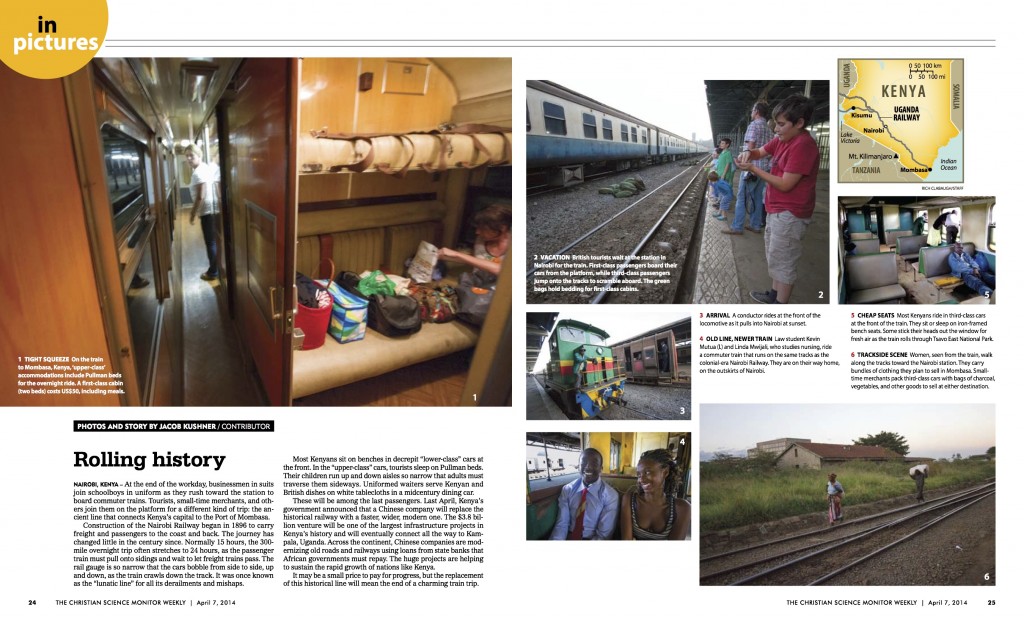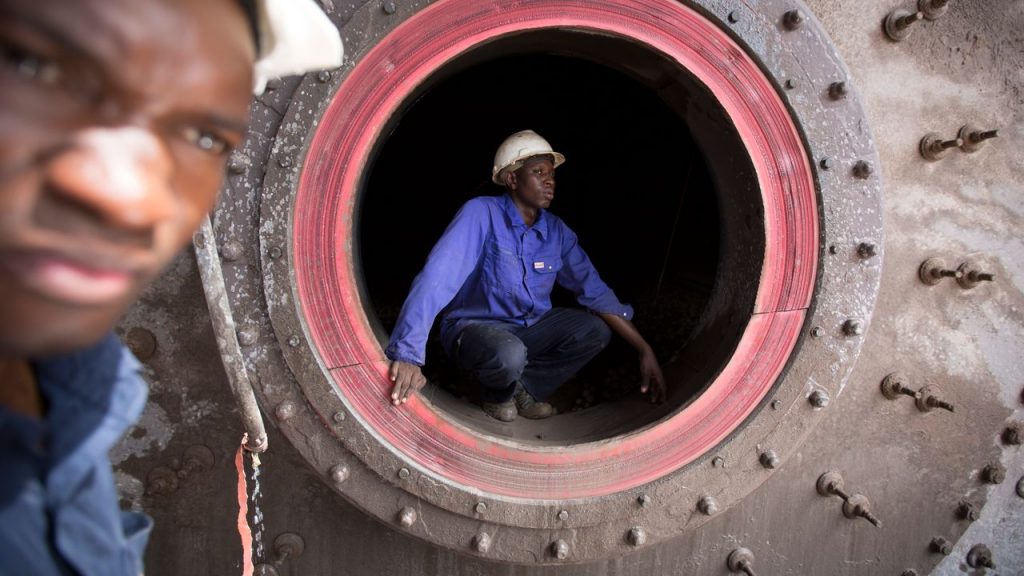Turkey, which already straddles both Europe and Asia, is now making inroads into a third continent: Africa. East Africa is poised to become the new frontier market for Turkish construction, textiles and hospitality firms as they position themselves to become major stakeholders in the region’s rapidly growing industries.
Meanwhile, the Turkish government is forging ties with its African counterparts to negotiate tax agreements, regional security cooperation and foreign aid packages.
coach china
“The total value of projects undertaken by Turkish contractors in African countries exceeded $47bn dollars” in 2011, according to the most recent available figures from Turkey’s Ministry of Economy. At the same time, Turkey’s exports to Africa reached $13.3bn that year – a fivefold increase since 2003.
Read the full article as it appeared at The Financial Times‘ This is Africa publication.





 NAIROBI, Kenya —Today marks six months since gunmen trained by the Somali-based terrorist group al-Shabaab stormed a popular shopping mall here, in a siege that left 62 civilians and five Kenyan soldiers dead, and at least 200 others injured.
NAIROBI, Kenya —Today marks six months since gunmen trained by the Somali-based terrorist group al-Shabaab stormed a popular shopping mall here, in a siege that left 62 civilians and five Kenyan soldiers dead, and at least 200 others injured.


